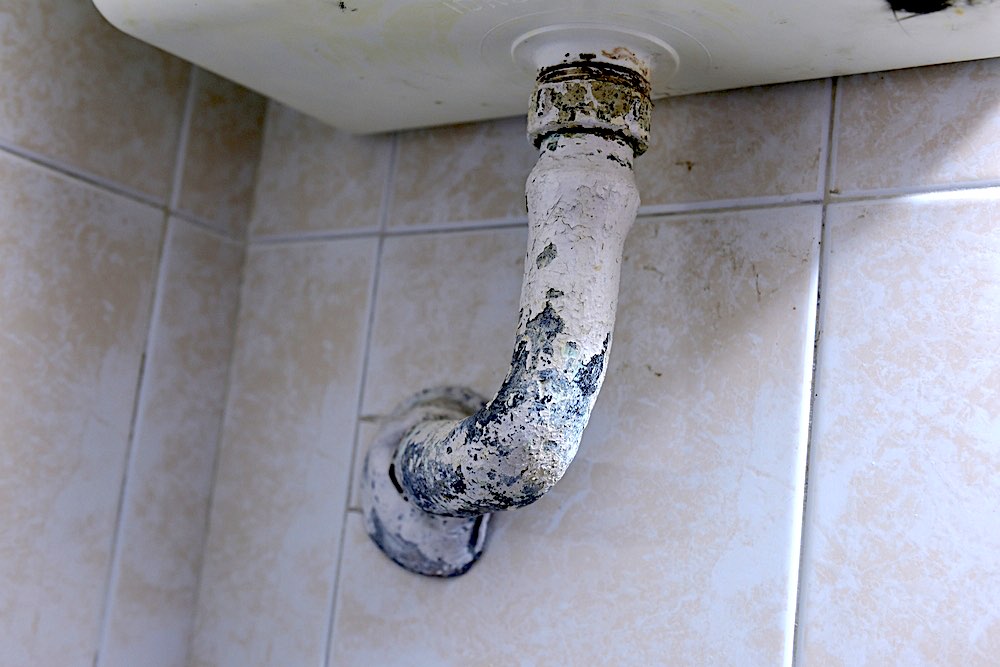The Fayette County Water System completed its inventory of lead service lines within the system, meeting Environmental Protection Agency compliance.
“Protecting public health is our top priority,” said Vanessa Tigert, FCWS Director. “We are pleased to announce the completion of the lead service line inventory, that’s a crucial step in ensuring the safety of our drinking water.”
What You Need to Know:
Lead-free at the Source: The water provided by FCWS is lead-free when it leaves the system’s treatment plants. Additionally, a corrosion inhibitor is added at the plants to prevent corrosion in the distribution system.
Inventory Completed: FCWS has completed an inventory of over 32,000 service lines in accordance with the 2022 Revised Lead and Copper Rule. This included a review of building records, field investigations, using approved identification methods.
No Lead Pipes: Based on data collected, FCWS does not have any lead service lines in the distribution system.
Next Steps: FCWS is now creating a schedule for lead testing inside schools and daycares starting in 2025.
Fayette County Water System remains committed to providing safe, high-quality drinking water to its customers. For any questions, contact Water Customer Service at [email protected].
Lead Service Line Inventory FAQs
Is there lead in my water?
Lead does not occur naturally in water. Lead in water is caused by corrosion of older pipes, plumbing fixtures, and faucets. The risk for homes built after 1978 is very low, but lead pipes, solder, brass fittings and faucets containing lead were not banned nationally until 1986. Lead pipes were banned in 1986 by Congress under the Safe Drinking Water Act.
Water provided by Fayette County Water System (FCWS) is lead -free when it leaves our treatment plants, and our water mains (the pipes that distribute water throughout the community) are not made of lead. FCWS manages water quality at each treatment facility to help prevent corrosion throughout the system.
Does Fayette County Water System test for lead in water?
As required, we have been testing for lead in our water since 1992 and have not had any violations. The water that leaves our plants is lead-free. A corrosion inhibitor, called polyphosphate, is added to the water to prevent pipe corrosion in the distribution system creating a protective coating on the inside of the pipes. We meet all requirements under the Lead and Copper Rule and report our findings annually in our water quality report.
What is the Lead and Copper rule?
In 1991, the Environmental Protection Agency (EPA) published a regulation to control lead and copper in drinking water. Revisions to the rule in 2021 require water utilities to provide an inventory of all of the service lines, both water utility-owned (public) and customer-owned (private) by October 16, 2024. More information can be found at: https://www.epa.gov/dwreginfo/lead-and-copper-rule.
What is the Lead Service Line Inventory?
FCWS is undertaking household surveys and in some cases, excavating service lines to confirm the presence or absence of lead. Most of the development in Fayette County occurred after 1986. FCWS conducted a field survey of those houses built prior to 1986 to determine if any service lines contained lead.
How do you determine that the service line is not lead?
FCWS has built an inventory of all water service lines connected to its system in accordance with the new EPA Lead and Copper Rule. The use of lead pipe was banned in 1986. FCWS used tax records to determine the year that homes were built prior to 1990. For these homes and any unknown locations, the staff is used historical data and field identification methodologies approved by the Environmental Protection Division to confirm non-lead pipes.
If my service line is not lead, does this mean I don’t have it inside of my home?
We are not able to confirm the material of household interior plumbing. Customers can check interior pipes with a penny (or key) and a magnet. Look for the water pipe where it enters the building through a basement wall or crawl space. Scratch the pipe, if it is lead, it will shine bright silver when scratched, and a magnet will not stick to it.
What are service lines and who owns them?
The water service line is the pipe that connects a home or other type of building to the FCWS-owned water distribution system. The water mains feed individual service lines that run to a meter pit where the water meter is housed below ground. The service line then continues from the meter pit to the building and connects to the interior plumbing. In Fayette County, customer service lines are commonly made of PVC or other types of plastic, copper and sometimes, galvanized steel.
Fayette County Water System owns the portion of service line that runs from the water main (large pipe underground by the road) to the water meter. The portion of service line that runs from the meter to a home/building is privately owned by the customer. FCWS does not control the variety of materials used in plumbing components in your home.
How do I know if my private service line is lead?
Based on the age of our distribution system and our records, we know that we do not have any lead pipes to replace in our public distribution system. We have surveyed over 32,000 private service lines to determine pipe material, using historical records and field verification. If you have any questions, please email Water Customer Service at [email protected].
What are the health concerns?
Exposure to lead in drinking water can cause serious health effects in all age groups. Infants and children can have decreases in IQ and attention span. Lead exposure can lead to new learning and behavior problems or exacerbate existing learning and behavior problems. The children of women who are exposed to lead before or during pregnancy can have increased risk of these adverse health effects. Adults can have increased risks of heart disease, high blood pressure, kidney, or nervous system problems.
Is my water safe to drink?
Your water is tested hourly by state-certified water professionals before distribution to your home to confirm it meets safe drinking standards. FCWS meets all regulatory requirements. Our current and historical water quality reports are available on our website at https://fayettecountyga.gov/water/consumer-confidence-report.
What are the next steps?
Fayette County Water System will create a schedule for lead testing inside the schools and daycares starting in 2025 and make the findings available.










Leave a Comment
You must be logged in to post a comment.